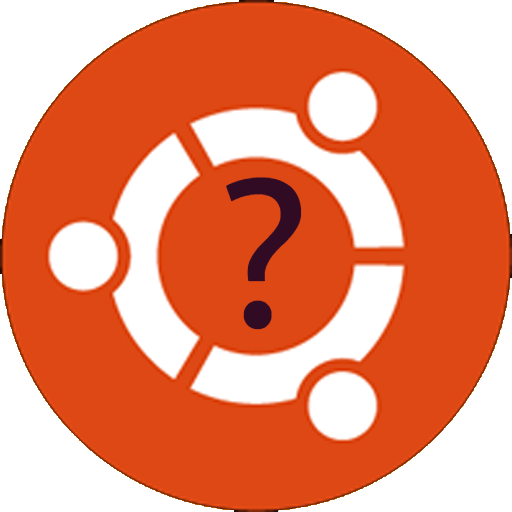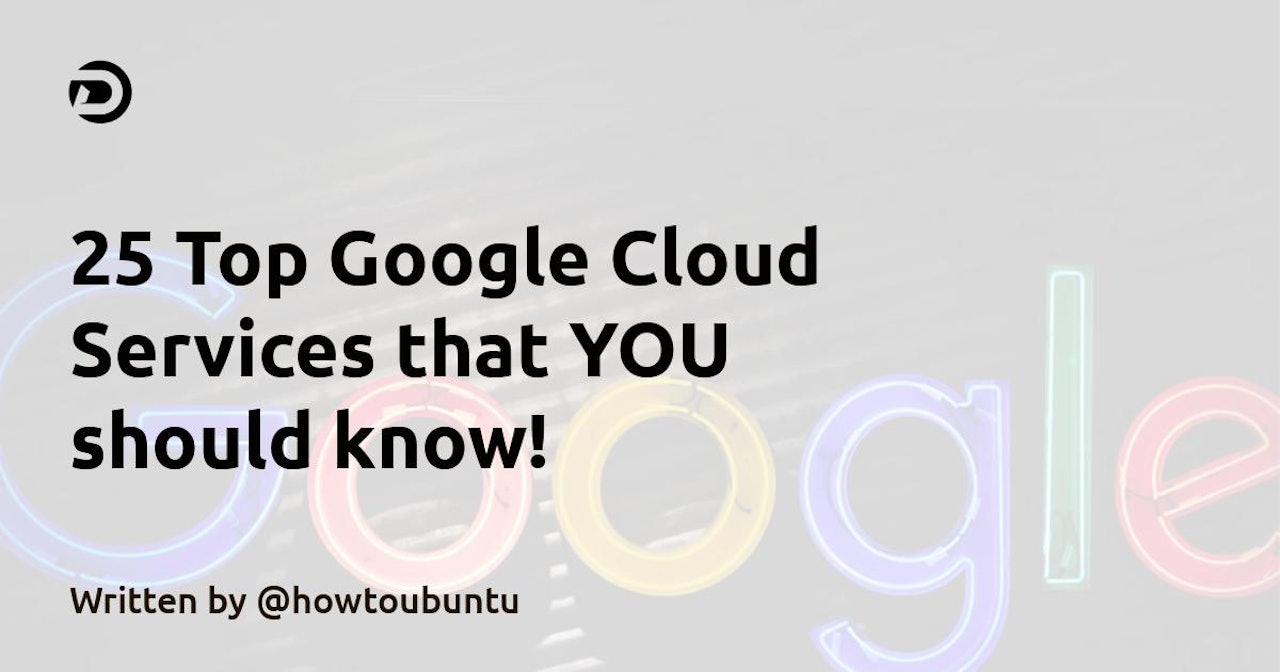I just left the Cloud Azure zone and I just arrived at the Google Cloud zone. I wonder what I will find in this area!
I just found the Compute section, I wonder what we can find!
1. Compute Engine
Compute Engine offers always-encrypted local solid-state drive (SSD) block storage. Local SSDs are physically attached to the server that hosts the virtual machine instance for very high input/output operations per second (IOPS) and very low latency compared to persistent disks.
2. Kubernetes Engine
Google Kubernetes Engine (GKE) provides a managed environment for deploying, managing, and scaling your containerized applications using Google infrastructure. The GKE environment consists of multiple machines (specifically, Compute Engine instances) grouped together to form a cluster.
3. VMWare Engine
Google Cloud VMware Engine is a fully managed service that lets you run the VMware platform in Google Cloud. Google manages the infrastructure, networking, and management services so that you can use the VMware platform efficiently and securely.
I just found something really cool! I wonder what the Serverless Section has!
4. Cloud Run
Cloud Run is a managed compute platform that enables you to run containers that are invocable via requests or events. Cloud Run is serverless: it abstracts away all infrastructure management, so you can focus on what matters most — building great applications.
5. Cloud Functions
Cloud Functions is a lightweight compute solution for developers to create single-purpose, stand-alone functions that respond to Cloud events without the need to manage a server or runtime environment.
6. App Engine
App Engine is a fully managed, serverless platform for developing and hosting web applications at scale. You can choose from several popular languages, libraries, and frameworks to develop your apps, and then let App Engine take care of provisioning servers and scaling your app instances based on demand.
 View Website
View Website
 View Website
View Website
 View Website
View Website
Man, this trip is getting BETTER and BETTER by the seconds! I just found the Storage Section!
7. Filestore
Filestore instances are fully managed NFS (Network File System) file servers on Google Cloud for use with applications running on Compute Engine virtual machines (VMs) instances or Google Kubernetes Engine clusters. Not sure which storage product is right for you?
8. Cloud Storage
Cloud Storage allows world-wide storage and retrieval of any amount of data at any time. You can use Cloud Storage for a range of scenarios including serving website content, storing data for archival and disaster recovery, or distributing large data objects to users via direct download.
9. Storage Transfer
Storage Transfer Service allows you to quickly import online data into Cloud Storage. You can also set up a repeating schedule for transferring data, as well as transfer data within Cloud Storage, from one bucket to another.
I need to store and data, lets find the DataBase section.
10. BigTable
Cloud Bigtable is Google's fully managed NoSQL Big Data database service. It's the same database that powers many core Google services, including Search, Analytics, Maps, and Gmail.
11. Firestore
Firestore in Datastore mode is a NoSQL document database built for automatic scaling, high performance, and ease of application development.
12. DataBase Migration
Database Migration Service makes it easier for you to migrate your data to Google Cloud. This service helps you lift and shift your MySQL and PostgreSQL workloads into Cloud SQL.
13. Cloud SQL
Cloud SQL is a fully-managed database service that helps you set up, maintain, manage, and administer your relational databases on Google Cloud Platform.
I need to renovate my house, where are the tools needed. Let me find the tools section
14. Cloud Run on Anthos
Cloud Run for Anthos provides a flexible serverless development platform in your Anthos environment. Cloud Run for Anthos is powered by Knative, an open source project that supports serverless workloads on Kubernetes.
15. Endpoints
Endpoints is an API management system that helps you secure, monitor, analyze, and set quotas on your APIs using the same infrastructure Google uses for its own APIs. After you deploy your API to Endpoints, you can use the Cloud Endpoints Portal to create a developer portal, a website that users of your API can access to view documentation and interact with your API.
16. Apigee
You have data, you have services, and you want to develop new business solutions quickly, both internally and externally. With Apigee, you can build API proxies—RESTful, HTTP-based APIs that interact with your services. With easy-to-use APIs, developers can be more productive, increasing your speed to market.
I really want now to make a robot with some AI! I just found the AI section!
17. Vertex Ai
Vertex AI brings AutoML and AI Platform together into a unified API, client library, and user interface. With Vertex AI, both AutoML training and custom training are available options. Whichever option you choose for training, you can save models, deploy models and request predictions with Vertex AI.
18. Speech-To-Text
Speech-to-Text enables easy integration of Google speech recognition technologies into developer applications. Send audio and receive a text transcription from the Speech-to-Text API service.
19. Talent Solution
Transform your job search capabilities with Cloud Talent Solution, designed to support enterprise talent acquisition technology and evolve with your growing needs. This AI solution provides candidates and employers with an enhanced talent acquisition experience!
Its getting late outside, lets finish up with my last operation! The operation section!
20. Monitoring
Cloud Monitoring collects metrics, events, and metadata from Google Cloud, Amazon Web Services (AWS), hosted uptime probes, and application instrumentation. Using the BindPlane service, you can also collect this data from over 150 common application components, on-premise systems, and hybrid cloud systems.
21. Debugger
Cloud Debugger is a feature of Google Cloud Platform that lets you inspect the state of an application, at any code location, without stopping or slowing down the running app. Cloud Debugger makes it easier to view the application state without adding logging statements.
Ok ok fine. Just 4 more I promise. The last will be networking!
22. VPC Network
A Virtual Private Cloud (VPC) network is a virtual version of a physical network, implemented inside of Google's production network, using Andromeda. A VPC network provides the following:
23. Hybrid Connectivity
Hybrid Connectivity allows you to easily create a VPN/Interconnect/Cloud Routers/Network Connectivity Center using Hybrid Connectivity!
24. Network Sercutity
Security policies let you control access to your Google Cloud Platform resources at your network's edge. You have the 2 following options: Cloud Armor (Which helps protect(s) your applications and websites against denial of service and web attacks.) and SSL Policies (SSL policies give you the ability to control the features of SSL that your SSL proxy or HTTPS load balancer negotiates. In this document, the term "SSL" refers to both the SSL and TLS protocols.)
25. Network Intelligence
Network Intelligence Center provides unmatched visibility into your network in the cloud along with proactive network verification. Centralized monitoring cuts down troubleshooting time and effort, increases network security, and improves the overall user experience.


Comments (0)